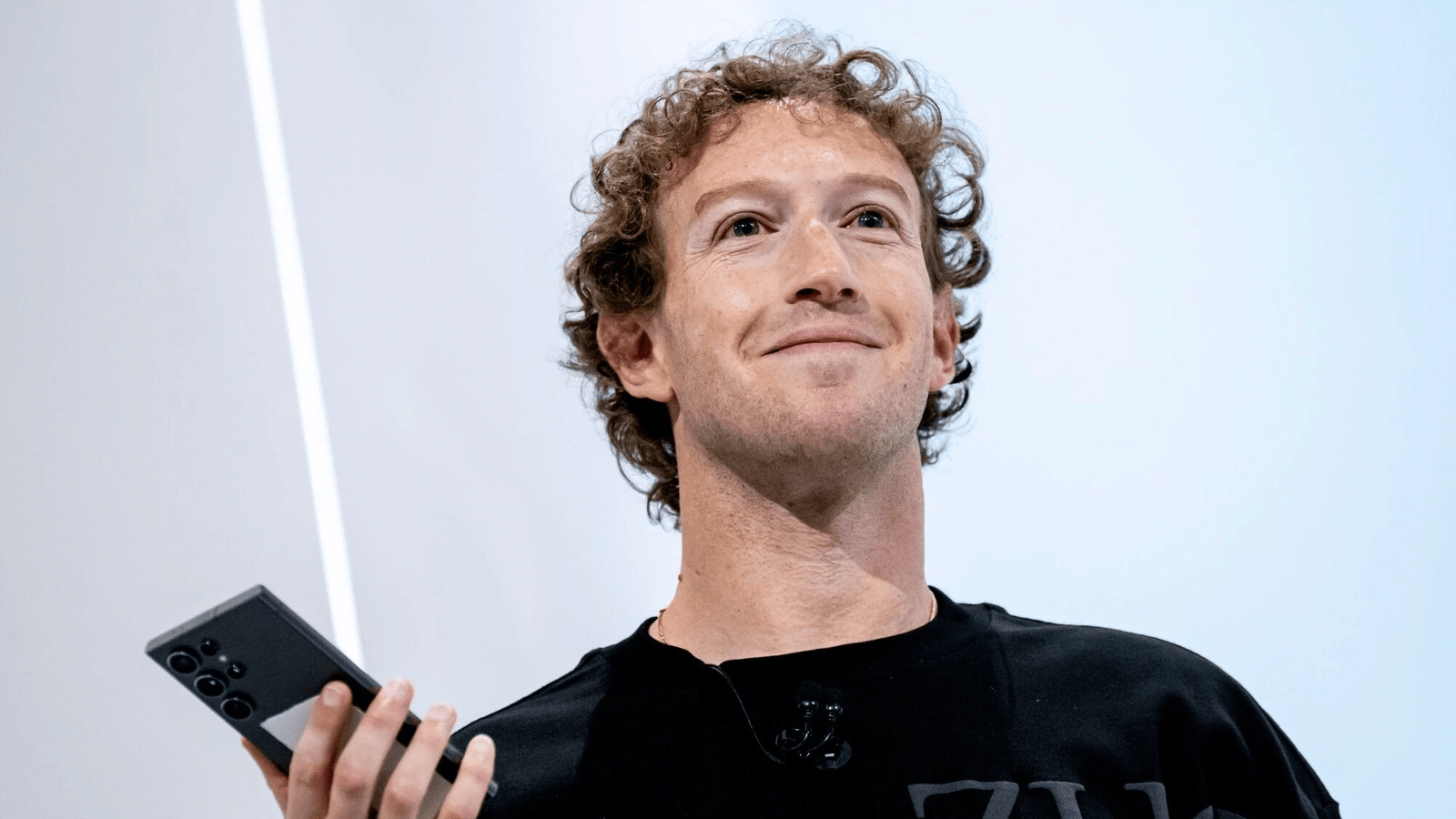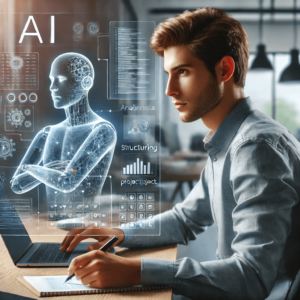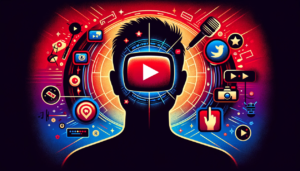The Future Mark Zuckerberg Is Building: A Vision Beyond Digital Boundaries
Mark Zuckerberg’s ambitious plans for transforming human connection through technology represent a profound shift in how we might interact with both the digital and physical worlds. The Meta CEO’s decade-long journey into developing breakthrough technologies reveals a future where the boundaries between reality and virtual experiences become increasingly fluid.
We strongly recommend that you check out our guide on how to take advantage of AI in today’s passive income economy.
Table of Contents
Revolutionizing Human Connection Through Advanced Technology
The culmination of ten years of intensive research and development has led to the creation of what Mark Zuckerberg describes as the first full holographic augmented reality glasses in existence. These groundbreaking devices represent more than just technological advancement – they embody a vision of how humanity might communicate and connect in the coming decades.
The Evolution of Computing Platforms
In discussing the trajectory of computing evolution, Mark Zuckerberg emphasizes how we’ve moved from mainframes to desktop computers, then to smartphones, and now toward more natural and ubiquitous forms of interaction. The goal isn’t merely to create new devices but to fundamentally transform how we engage with technology and each other.
Breaking Down the Technology
The complexity behind these augmented reality glasses showcases remarkable engineering achievements. Every millimeter contains sophisticated components, from micro projectors to waveguide systems with nano-etchings that create holograms. The synchronization of eye tracking, cameras, and computing systems demonstrates the intricate balance required to deliver convincing augmented reality experiences.
The Spectrum of Mixed Reality Devices
From Display-less to Full Immersion
Mark Zuckerberg envisions multiple product lines serving different needs and price points. The spectrum ranges from display-less glasses focusing on AI interaction to full holographic AR devices, with various intermediate options providing different levels of immersion and functionality.
The Two Pillars: Presence and AI
The future Mark Zuckerberg and his team are building rests on two fundamental values: presence and personalized AI. The concept of presence – feeling physically connected with others despite physical distance – represents a holy grail in social technology development.
Addressing the Challenge of Modern Connection
Recent studies showing declining friendship numbers among Americans present both a challenge and an opportunity. Mark Zuckerberg views this not as technology replacing physical connections, but as a means to enhance and enable connections that might otherwise not exist due to physical limitations.
The Role of Artificial Intelligence
Personalization and Context
The integration of AI into everyday life through these devices offers unprecedented possibilities for personalized assistance. Mark Zuckerberg emphasizes how glasses provide an ideal platform for AI systems to understand context and deliver more meaningful support.
The Open Source Debate
In the realm of AI development, Mark Zuckerberg advocates strongly for an open-source approach. This philosophy contrasts with more centralized AI development strategies, suggesting a future where multiple AI systems serve different purposes rather than a single dominant system.
The Future of Social Media
The intersection of generative AI with social platforms presents fascinating possibilities. Mark Zuckerberg envisions a landscape where AI enhances content creation while maintaining authentic human connection. This includes AI-powered tools for editing and sharing experiences captured through advanced devices.
Looking Ahead: The Scale of Change
Continuous Innovation
The pace of technological advancement raises both excitement and concerns. Mark Zuckerberg acknowledges these anxieties while emphasizing the importance of maintaining curiosity and adaptability in the face of change.
Technical Horizons and Scaling Challenges
The current trajectory of AI development presents intriguing questions about scalability. Mark Zuckerberg’s investment in infrastructure reflects a belief in continued technological advancement, though he acknowledges the uncertainty inherent in such predictions.
Conclusion
The future Mark Zuckerberg envisions represents a fundamental shift in how we might experience human connection and interaction. Through careful development of both hardware and AI capabilities, Meta aims to create tools that enhance rather than replace human connection, while addressing contemporary challenges in social interaction.
The vision of this future raises important questions about how we’ll adapt to and shape these changes. As these technologies continue to evolve, their impact on human connection and society at large remains a critical area for consideration and discussion.

We strongly recommend that you check out our guide on how to take advantage of AI in today’s passive income economy.




